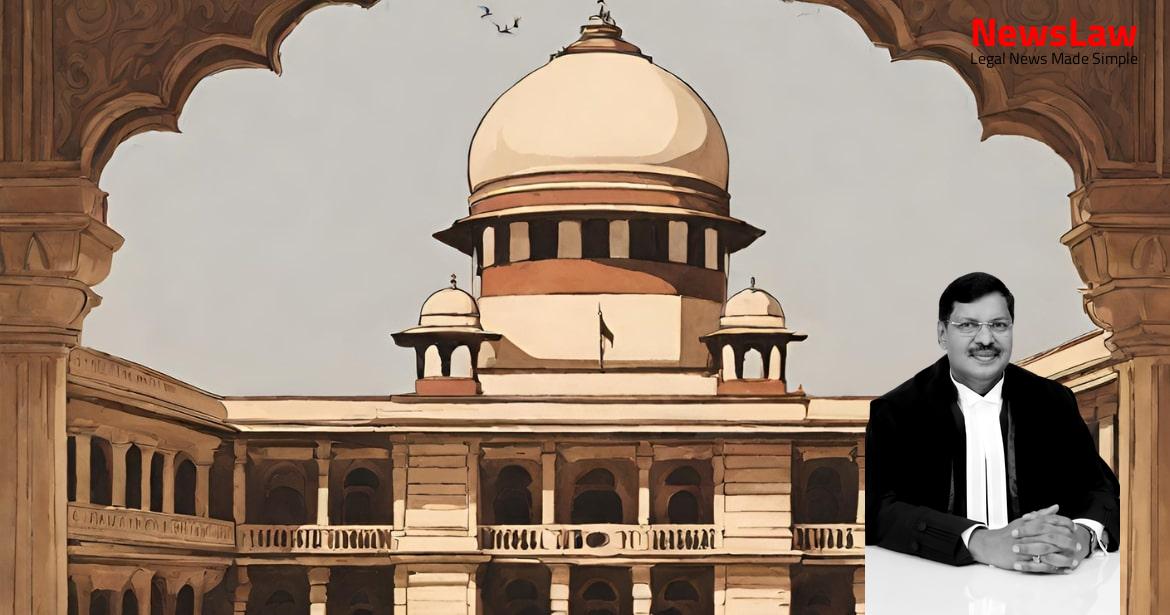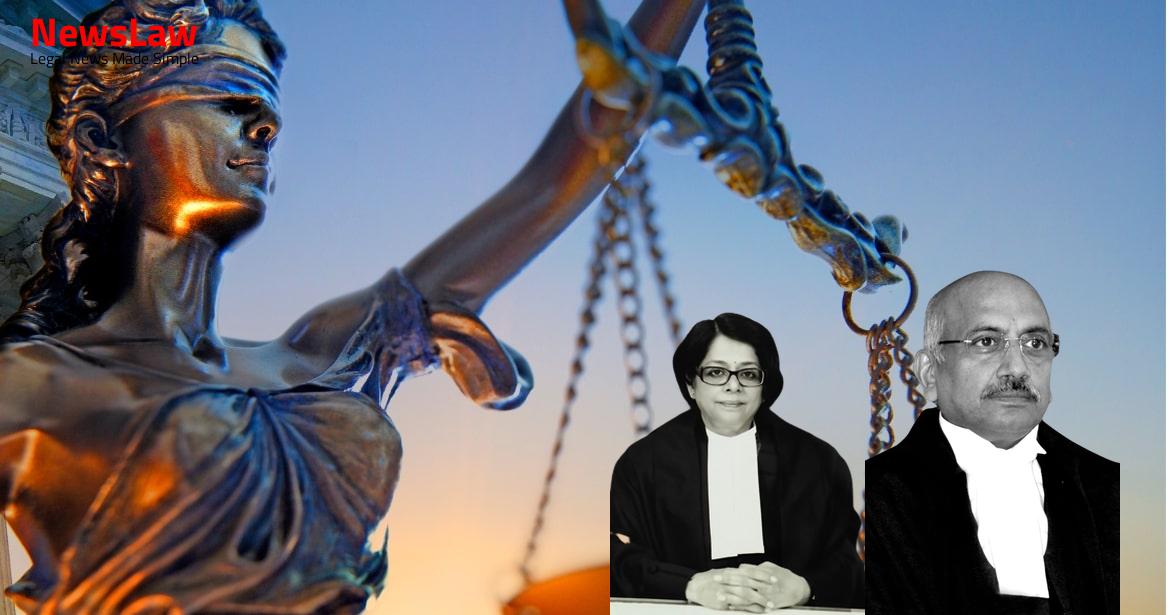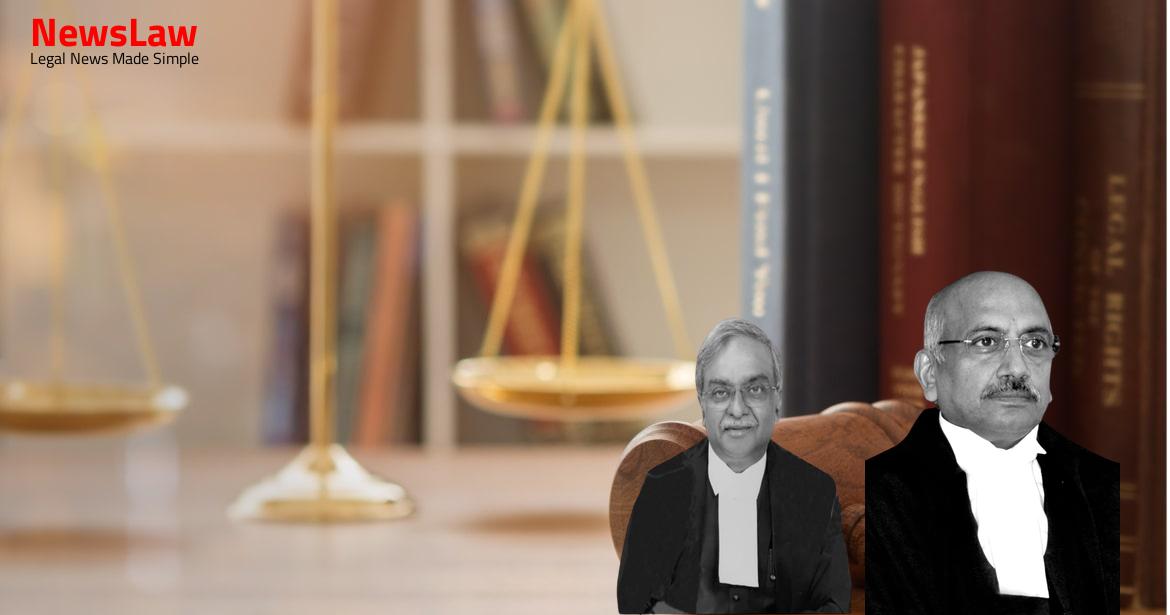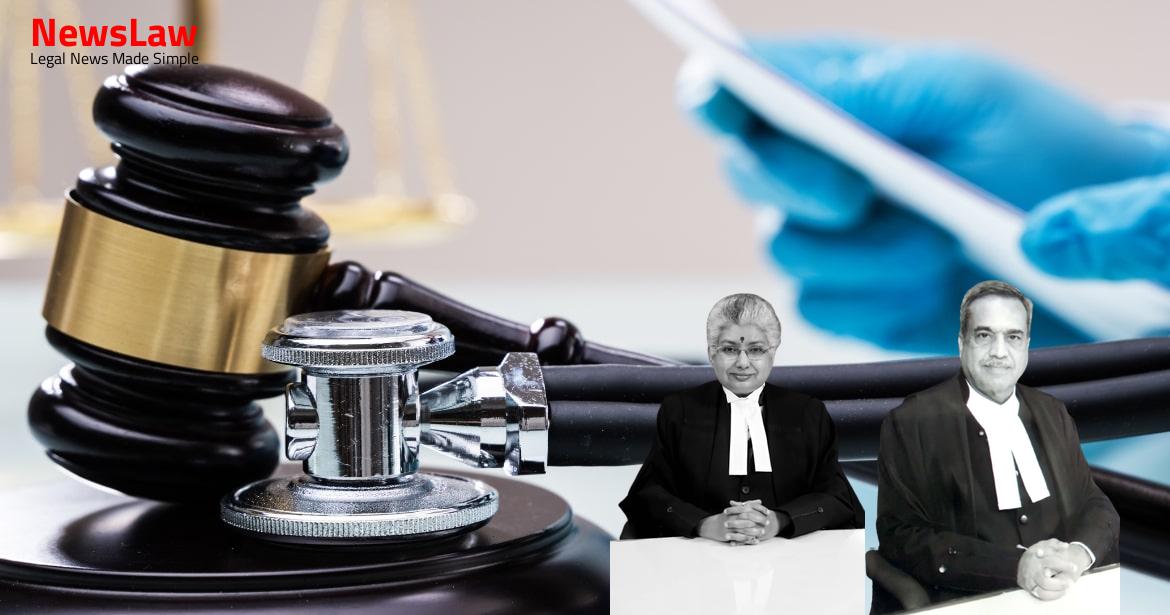The State of Bihar vs. Union of India case presents a pivotal examination of jurisdiction and legal rights within the framework of the Indian Constitution. It involves disputes between the State of Bihar and the Union of India, shedding light on the implications for federalism. Discover the nuances of the legal arguments put forth in this case as the Supreme Court seeks to clarify the boundaries of Article 131 and its application in resolving governmental conflicts.
Arguments
- The petitioner argues that withholding a vital document to gain an advantage is considered playing fraud on the court and the opposing party.
- Consent given by a State and subsequently withdrawn removes CBI’s jurisdiction in that State.
- The petitioner contests the defendant’s interpretation of Article 131 of the Constitution, stating that legal rights enforceable by a suit in court are not limited to those arising under the Constitution.
- Section 4 of the DSPE Act establishes that the administration of the CBI is under the Central Vigilance Commission, not the Union of India.
- The grant of consent under Section 6 of the DSPE Act is considered a privilege by the petitioner.
- Under Section 5 of the DSPE Act, only the Central Government can extend the CBI’s powers and jurisdiction to any area in a State.
- The petitioner argues that the CBI must be viewed as a non-partisan agency.
- The petitioner cites Article 262 and 279A(11) of the Constitution to support their argument.
- The petitioner emphasizes that the CVC, not the Union of India, has superintendence over the CBI’s functioning.
- The petitioner challenges the defendant’s contention on the interpretation of ‘State’ under Article 12 of the Constitution as applicable to Article 131.
- The petitioner argues against the defendant’s reliance on Order XXVI Rules 9 and 10 of the SC Rules, stating that the missing requirements do not necessarily warrant the rejection of the plaint.
- The petitioner disputes the defendant’s argument that the suit is not maintainable under Article 131 of the Constitution.
- The petitioner contends that the Central Government’s power to extend CBI’s jurisdiction to other areas is subject to State Government consent under Section 6 of the DSPE Act.
- The petitioner argues that the present suit is not barred by any other provision in the Constitution and should be considered maintainable.
- Shri Sibal argued that there is sufficient compliance with Order XXVI Rules 9 and 10 of the SC Rules.
- The grounds of Order XXVI Rules 9 and 10 are not available in the present case, as per Shri Sibal.
- Shri Sibal mentioned that only one or two cases out of many instances listed in the plaint are registered under the High Court’s directions, therefore, there is no material suppression as alleged.
- Shri Sibal urged for the rejection of the preliminary objections raised by the learned Solicitor General.
- The learned Solicitor General contended that Article 131 of the Constitution specifies ‘subject to the provisions of this Constitution’, hence since various matters are already pending related to the subject matter of the present suit under Article 136, Article 32, or Article 226, the present suit would not be maintainable.
Also Read: Review Petition filed by Landowners against State of Haryana
Analysis
- The expression ‘law in force’ in this article includes laws passed before the Constitution but not repealed.
- The purpose of this article is to maintain continuity of pre-existing laws until altered or repealed.
- Section 5 of the DSPE Act allows the Central Government to extend DSPE powers to any area.
- The term ‘subject to’ means liable, subordinate, or obedient to as per Black’s Law Dictionary.
- Article 131 of the Constitution gives Supreme Court exclusive original jurisdiction in certain disputes.
- Disputes under Article 131 must be between the Government of India and one or more States.
- The Supreme Court’s jurisdiction does not extend to disputes based on political plans not involving legal rights.
- Limitations on parties involved in an Article 131 dispute were established in the State of Bihar case.
- The DSPE Act provides for the constitution of the special police force and its powers.
- The Act specifies the offences to be investigated, superintendence, and administration of the special police force.
- The power and jurisdiction of the DSPE depend on orders from the Central Government and the State’s consent.
- CBI actions must align with Constitutional provisions and the DSPE Act.
- Public order and police matters are under State jurisdiction as per constitutional entries.
- The CBI, under the DSPE Act, should operate within the defined legal framework.
- The establishment, exercise of powers, extension of jurisdiction, and superintendence of the DSPE vest with the Government of India.
- A suit under Article 131 involves disputes in respect of legal rights, not of a political character.
- The States have the locus and interest to contest and adjudicate claims set up by the Union Government under Article 131.
- The central government needs State consent to investigate specified offenses in a state using the CBI under the DSPE Act.
- Withdrawal of State consent limits CBI’s power to investigate cases within the State.
- Failure to adhere to Section 6 of the DSPE Act renders the CBI’s actions unconstitutional.
- Legal rights under Article 131 must arise within the context of the Constitution and Federalism it establishes.
- Provisions of the DSPE Act require consent of the concerned State for CBI investigations.
- Article 131 provides a forum for resolution of disputes based on legal rights between the Government of India and State Governments.
- Fulfillment of conditions under DSPE Act Sections 3, 5, and 6 required before CBI exercises powers in any State.
- The Court held that the Board was considered as “other authority” within the meaning of Article 12 and thus could be given directions under Articles 226 and 227 of the Constitution.
- The dispute in question involved certain individuals who were permanent employees of the Government of the State of Rajasthan and were later placed under the State Electricity Board.
- The appellant Board was analyzed to determine if it could be classified as a “State” as defined in Article 12.
- It was emphasized that disputes between the Union of India and a State are essentially disputes arising from differences between the respective governments in power at the Center and in the State.
- For a dispute to fall under Article 131 of the Constitution, it must involve a question upon which the existence or extent of a legal right depends.
- It was highlighted that parties to such disputes must fall within the specified categories of Article 131 and cannot include private individuals, firms, or corporations.
- The framers of the Constitution did not envision disputes involving private parties to be adjudicated by the Court under its exclusive original jurisdiction under Article 131.
- The legal right in question must arise in the context of the Constitution and the federalism it establishes for a dispute to be considered under Article 131.
- The case involved 9 suits filed by the State of Bihar against the Union of India.
- In 6 suits, Hindustan Steel Limited was the second defendant, and in 3 suits, Indian Iron and Steel Company Limited was the second defendant.
- The observation regarding the legal right in dispute needing to arise in the context of the Constitution and federalism was disapproved by the Court.
- Plaintiff raised the legal issue regarding the CBI’s continuation of registering and investigating cases post withdrawal of the consent under Section 6 of the DSPE Act.
- Defendant, Union of India, challenged the maintainability of the suit by raising various contentions.
- The contentions raised by the defendant challenging the maintainability of the suit were rejected by the court.
- Court’s opinion was that the defendant’s contentions did not merit acceptance, as explained earlier in the judgment.
Also Read: State vs. Selvamani: Upholding Fair Trial Conduct
Decision
- List of the suit on 13 August, 2024 for framing of issues.
- Preliminary objection rejected.
- Suit to proceed in accordance with law on its own merits.
- Findings for deciding preliminary objection only, no bearing on merits of the suit.
Also Read: Land Dispute Legal Battle: Vijay Laxman Bhawe vs. P & S Nirman Pvt. Ltd.
Case Title: THE STATE OF WEST BENGAL Vs. UNION OF INDIA (2024 INSC 502)
Case Number: ORGNL.SUIT No.-000004 – 2021



